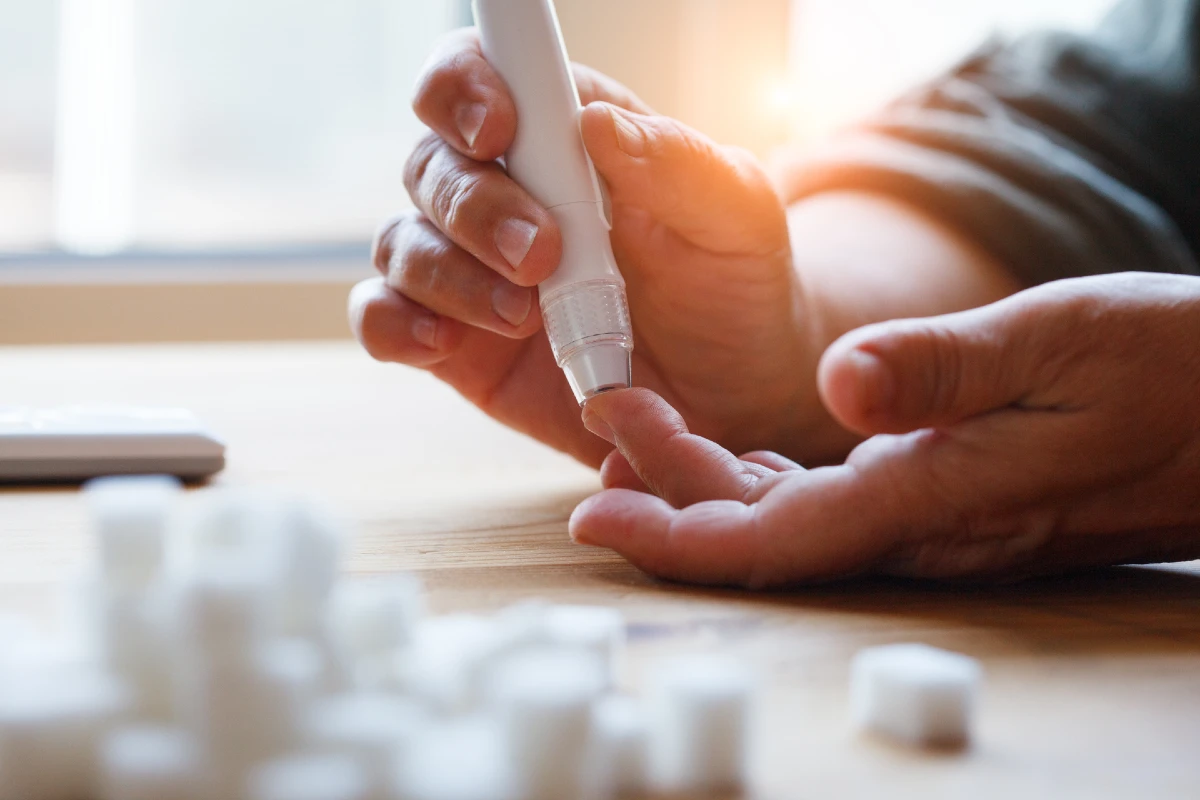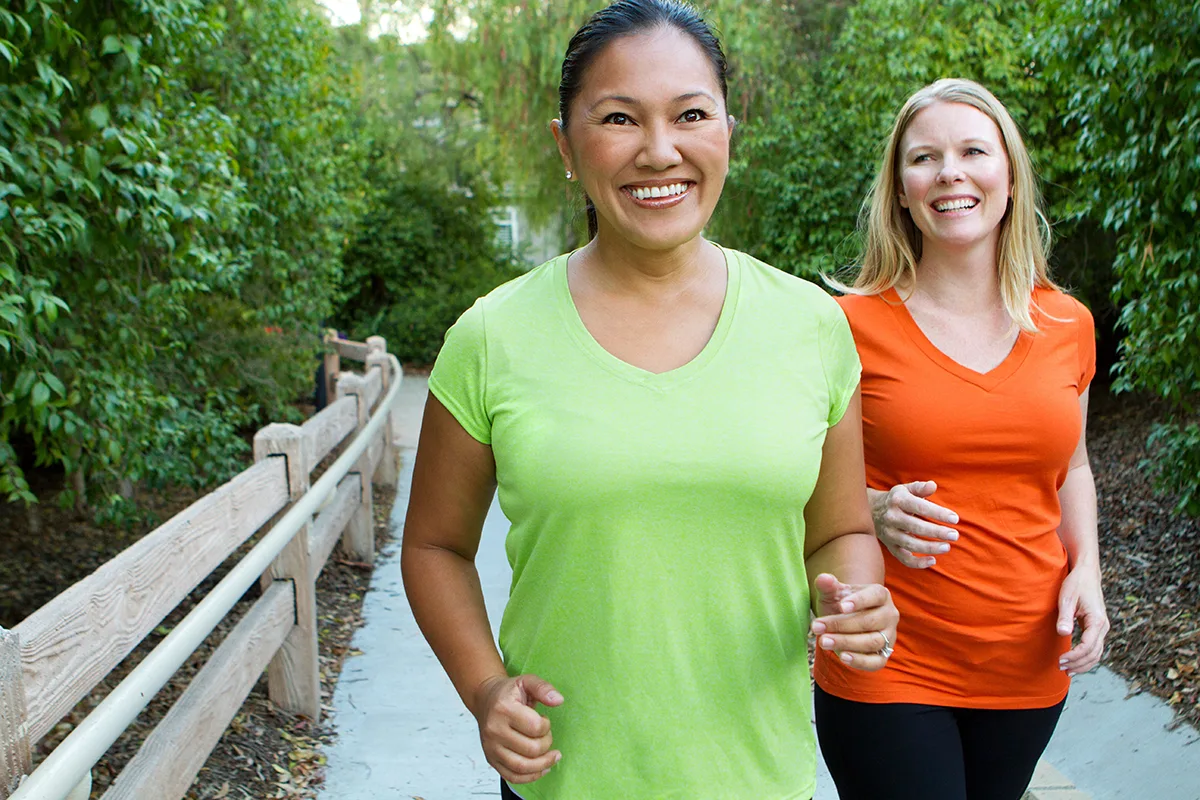We use cookies to help provide you with the best possible online experience.
By using this site, you agree that we may store and access cookies on your device. Cookie policy.
Cookie settings.
Functional Cookies
Functional Cookies are enabled by default at all times so that we can save your preferences for cookie settings and ensure site works and delivers best experience.
3rd Party Cookies
This website uses Google Analytics to collect anonymous information such as the number of visitors to the site, and the most popular pages.
Keeping this cookie enabled helps us to improve our website.
Diabetes Fasting Guide
Quick Tips for Type 1 & 2 Diabetics
Dr Choudhury's tips for those fasting
Dr Tahseen Chowdhury (GP & Consultant from Barts Health NHS Trust) provides guidance on managing Diabetes whilst fasting.

1. Always ensure to...
Carry glucose treatment with you and have diabetes identification, such as a medical bracelet.
2. Test your Blood Sugar
Test your blood regularly to monitor your glucose levels. This will not break your fast. People on insulin and Sulfonylureas should be testing their blood glucose anyway.
3. If blood sugar is low
If your blood glucose level at the beginning of the fast is 5.0mmol/l or less, you should not fast. If during your fast your level of glucose if 5.0mmol/l or lower, you should stop your fast.
4. If blood sugar is high
During the fast, if your blood glucose level is higher than 17mmol/l, end the fast immediately.
5. If unwell, stop fasting
If you start to feel unwell, disoriented, confused, if you collapse or faint, stop fasting and have a drink of water or other fluid. If you become dehydrated, end the fast immediately and have a drink of water.
6. Don't stop insulin
You should never stop your insulin, but you must speak to your doctor because you may need to change the dose and times of your insulin injections.

Exercises to do at Home During Ramadan

Stand / Walk / Jog
Stand during a TV ad break or jog on the spot.
Dance
You can turn on your favourite music and dance at home.
Housework
You can hoover the house, mop & clean all the windows. Or perhaps a spot of DIY– time to tackle that shelf you’ve been putting off. Any other form of Housework could also be great.
Gardening
Do some gardening if you have a garden. If you don’t, do you have any house plants you can water, prune and re-pot while standing up?
Yoga / Pilates
Search YouTube for home workout ideas e.g.Yoga or Pilates YouTube video’s.
Staircase Walks / Run
If you have a staircase you can walk up and down several times or if you're able to you can run too.
High Intensity Workouts
If you are able to, you can also try some of these high-intensity workouts. See the NHS Fitness Studio
Chair Exercises
You can do chair-exercises like sitting and lifting your arms up and raising your legs one after the other or lifting baked bean cans while you’re sitting down.

Who is Exempt From Fasting?
The Qur'an requires Muslims to fast during the month of Ramadan from sunrise to sunset.
However, there are exceptions to this. One of them is that people who are ill or have medical conditions do not have to fast. This includes people with diabetes. To find out more about this, you can speak to your Imam.
If you’re showing any symptoms of COVID-19, it would be advisable not to fast. It is a personal choice whether or not to fast. However, if you do choose to fast, then you must consult your doctor or healthcare team before Ramadan, to make sure that you are able to look after yourself properly.
Failing to do so is in itself contrary to the Qur'an, which clearly states that you must not act in a way that harms your body (Al Baqarah Verse: 195).
Sickness
All those who are unable to fast due to illness(physical or mental).
Elderly / Frail
All those who are unable to fast due to beingvery frail.
Women Menstruating
Women who are menstruating or with lochiadischarge.
Pregnant Women
Pregnant or lactating women who have credible concerns about their own or their child’s health.
Travellers
Those on a journey/ travelling.
Healthcare Staff
Those required to provide care to COVID-19 patients at real risk of dehydration and making clinical errors due to wearing PPE and long shifts.
